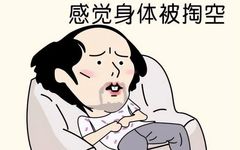First, let’s take a look at the symptoms of Qi deficiency. Generally, the most common Qi deficiencies occur in the lungs, spleen, and kidneys, particularly in the lungs. This is because, in Traditional Chinese Medicine (TCM), the lungs are referred to as the “master of Qi.” Therefore, Qi deficiency is most often seen as lung Qi deficiency. What are its manifestations? Firstly, it relates to the driving function of Qi. The life activities of the human body rely on the driving function of Qi. So when you have Qi deficiency, it will first manifest as shortness of breath and reluctance to speak, feeling weak all over, and easily fatigued. Because of the lack of Qi, your voice may be low, and sometimes you may not even want to speak, which is referred to as shortness of breath and reluctance to speak with a weak voice.
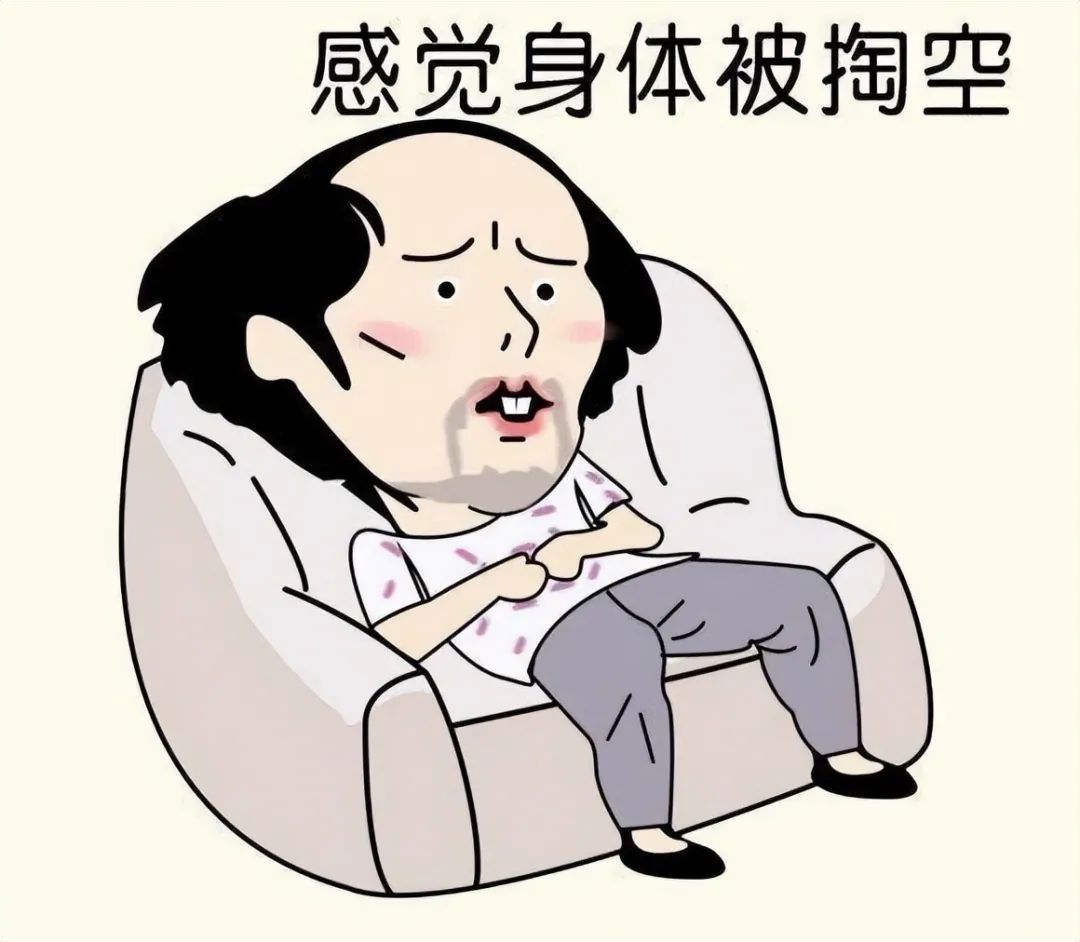
The second manifestation relates to the consolidating function of Qi. What is it? It is the tendency to experience spontaneous sweating. This means that you easily sweat during normal activities. Spontaneous sweating is different from night sweats; night sweats occur while sleeping and stop upon waking, often due to Yin deficiency. In contrast, spontaneous sweating usually occurs during the day, even with slight activity or sometimes even at rest, which is closely related to Qi deficiency.

The third manifestation is related to the defensive function of Qi. What is it? It is the tendency to catch colds easily. A slight exposure to wind or cold can lead to a cold. When the weather changes slightly, while others remain fine, you may catch a cold. This is because your Qi is too deficient to defend against external pathogens, making it easy for them to invade. For example, when flu season arrives, while others are unaffected, you may already be falling ill.
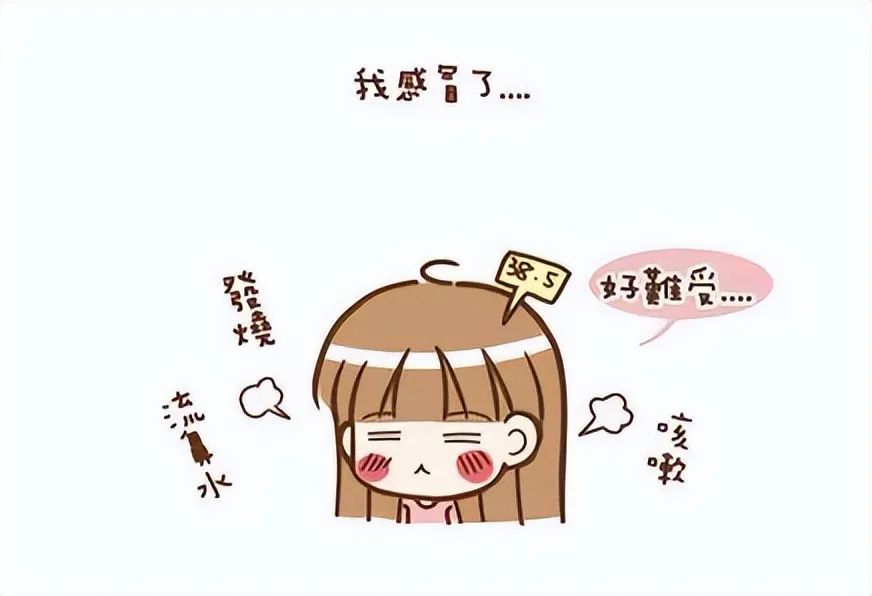
Therefore, the most common symptoms of Qi deficiency include shortness of breath and reluctance to speak, spontaneous sweating, and susceptibility to colds. For these symptoms, there is a very effective Chinese patent medicine called Yu Ping Feng Granules (Jade Wind Screen Granules), which consists of three herbs: Huang Qi (Astragalus) to tonify lung Qi, Bai Zhu (White Atractylodes) to strengthen spleen Qi, and Fang Feng (Siler) to expel external pathogens. If you experience severe spontaneous sweating, you can add Gui Zhi Granules (Cinnamon Twig Granules) to the Yu Ping Feng Granules. The main function of Gui Zhi is to harmonize the Ying and Wei Qi, meaning it can regulate the defensive and nutritive Qi. The combination of these two medicines will enhance the effect of tonifying Qi and stopping sweating.
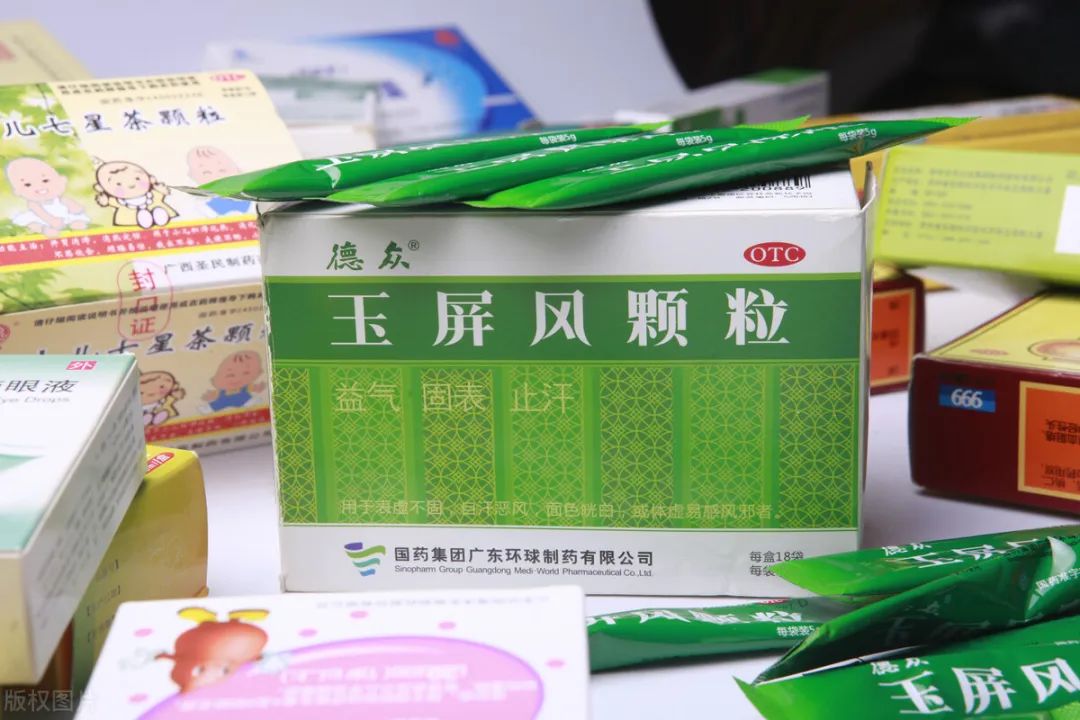
If you also experience loose stools and sometimes feel weak during bowel movements, struggling to pass stool, and have poor appetite, this indicates spleen Qi deficiency. In this case, you can consider a Chinese patent medicine called Bu Zhong Yi Qi Wan (Tonify the Middle and Benefit Qi Pill), which is effective in tonifying Qi and strengthening the spleen.
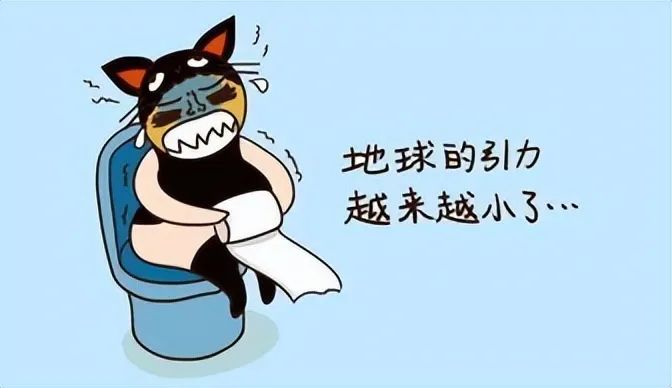
If you also have issues such as lower back and knee weakness, frequent nighttime urination, marital disharmony, nocturnal emissions, or premature ejaculation, this indicates kidney Qi deficiency, which cannot nourish the lower back and consolidate kidney essence and urine. In this case, you can consider Jin Gui Shen Qi Wan (Golden Cabinet Kidney Qi Pill) to tonify kidney Qi.

To summarize, lung Qi deficiency is the most common, often manifesting as shortness of breath and reluctance to speak, spontaneous sweating, and susceptibility to colds, for which you can consider Yu Ping Feng Granules; spleen Qi deficiency leads to loose stools, sometimes with weak bowel movements and poor appetite, for which you can consider Bu Zhong Yi Qi Wan; kidney Qi deficiency leads to lower back and knee weakness and frequent nighttime urination, for which you can consider Jin Gui Shen Qi Wan. Have you learned this?

